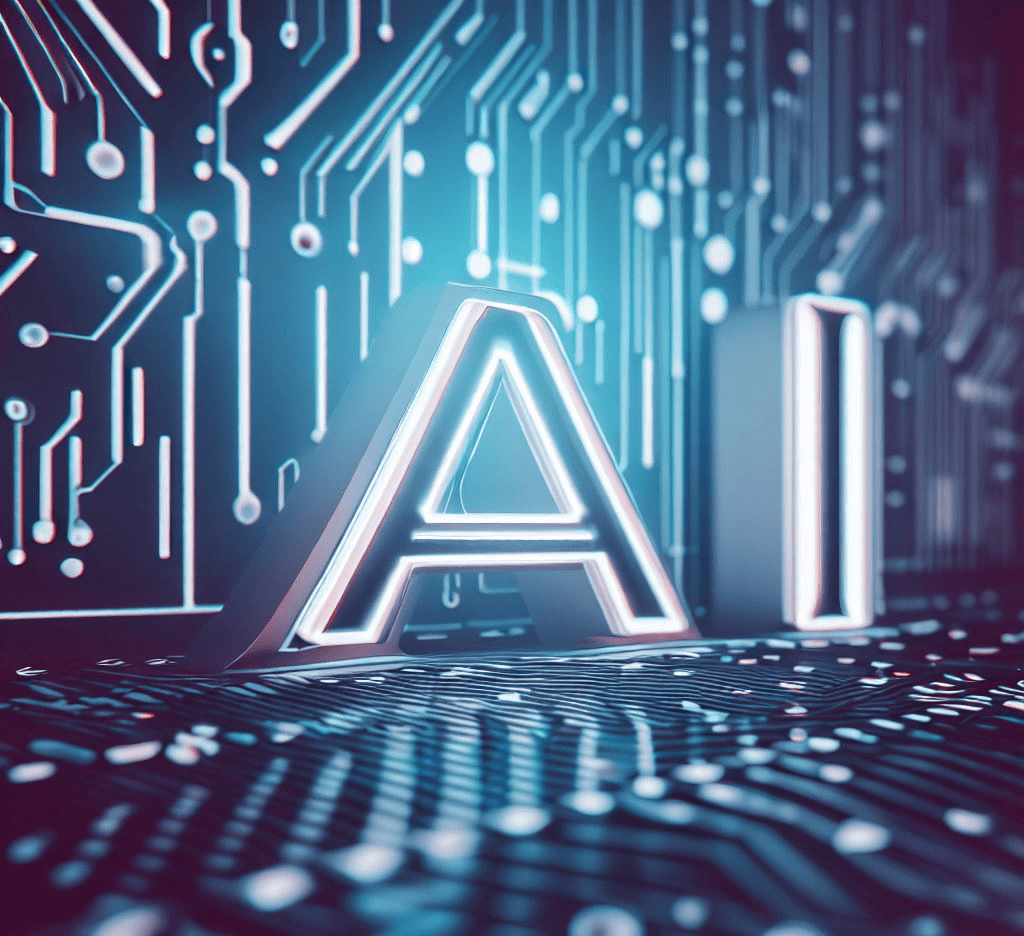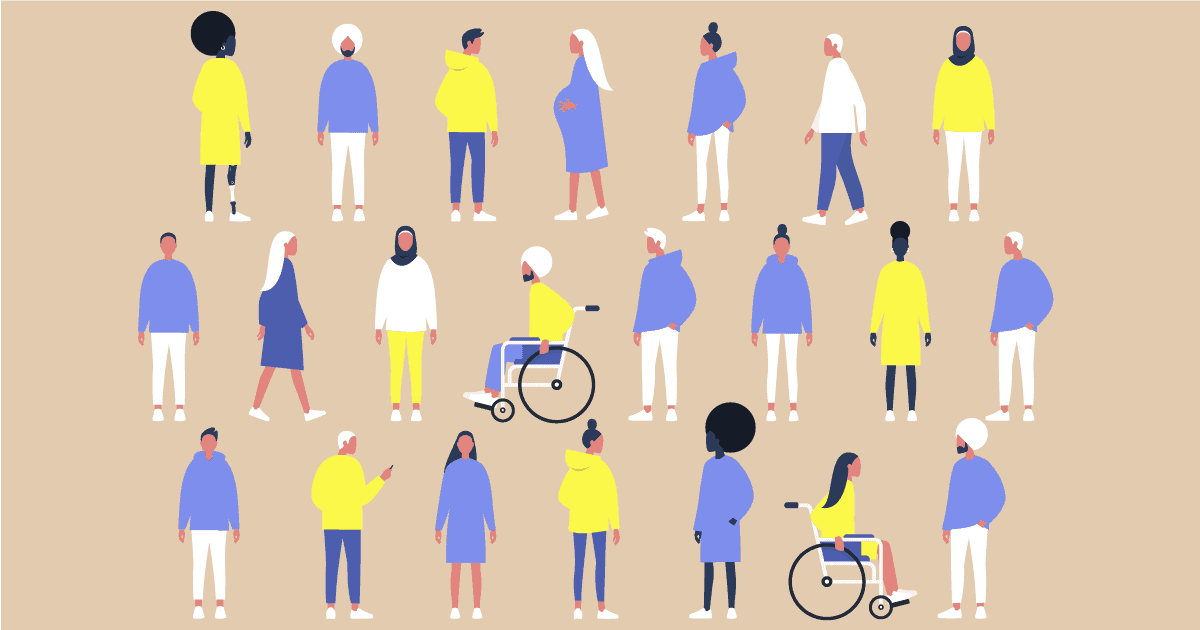Software developers continuously seek innovative solutions to enhance efficiency, reduce bugs, and create more robust software. AI tools for software development have revolutionized the way developers approach, manage, and execute their projects. This post examines the intersection of artificial intelligence and software development, examining the essential tools driving innovation and efficiency in this space.
How Do Software Developers Work with AI tools?
Integrating AI into the software development lifecycle has brought about a significant paradigm shift. Developers no longer rely solely on traditional coding, testing, and deployment methods. Instead, AI augments their abilities, enabling them to focus on more strategic tasks while automating repetitive and complex processes. AI tools assist in various stages of development, including requirement gathering, design, coding, testing, and maintenance.
AI-powered platforms facilitate enhanced code quality, predictive analytics, and automation that was once deemed unattainable. They introduce machine learning, natural language processing, and deep learning algorithms that accelerate development timelines and ensure the delivery of superior software products.
How is AI Used in Software Development?
The utilization of AI in software development is broad and varied. Below, we highlight ten must-have AI tools that have become indispensable for modern developers.
Automated Testing Tools: AI-driven tools like Appvance and Testim leverage machine learning to enhance test creation, execution, and maintenance, drastically reducing the time and effort required in testing phases.
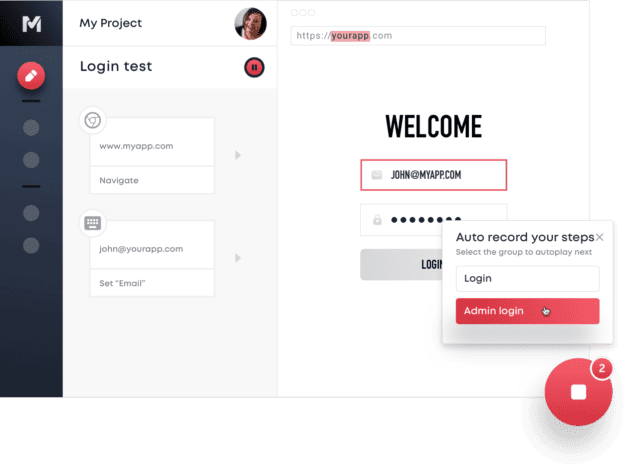
Bug Prediction: Tools like DeepCode employ AI to predict and identify bugs and vulnerabilities in the code, offering real-time feedback and suggestions for improvement.
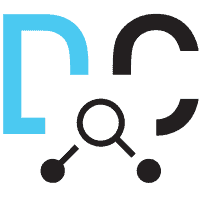
AI-Assisted Coding: AI-powered platforms such as TabNine provide real-time coding assistance, offering suggestions and auto-completions, leading to faster and more efficient coding.
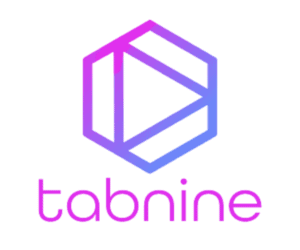
Project Management: AI integrates with platforms like Jira and Trello to offer predictive analytics, risk assessment, and intelligent insights, improving project management and delivery timelines.
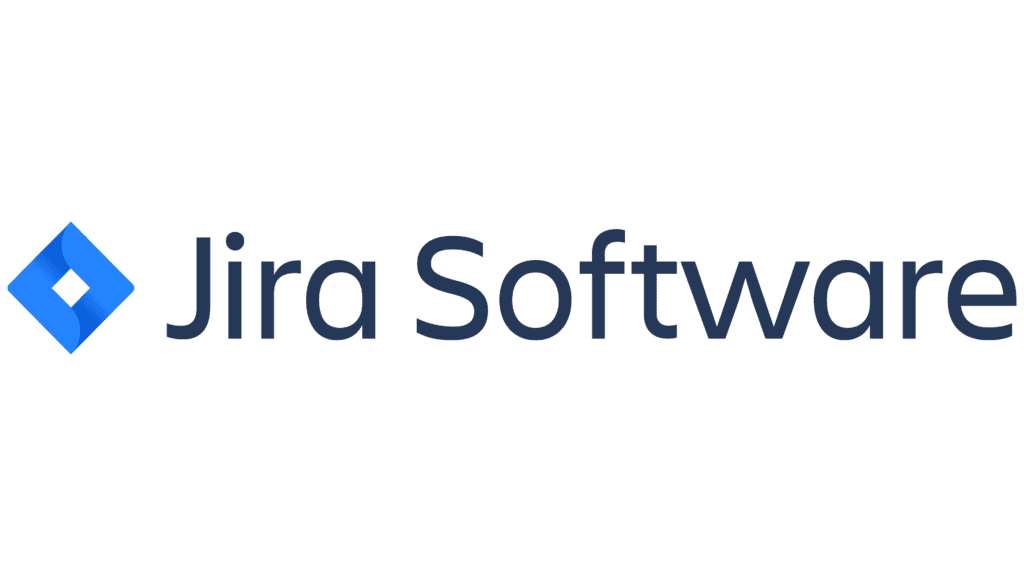

Requirement Analysis: AI tools process and analyze complex requirement data to ensure alignment between customer needs and software functionality, reducing ambiguities and enhancing software quality.
User Experience Design: Platforms like Pendo and WalkMe utilize AI to gather user data and offer insights into user behavior, aiding developers in creating intuitive and user-friendly interfaces.
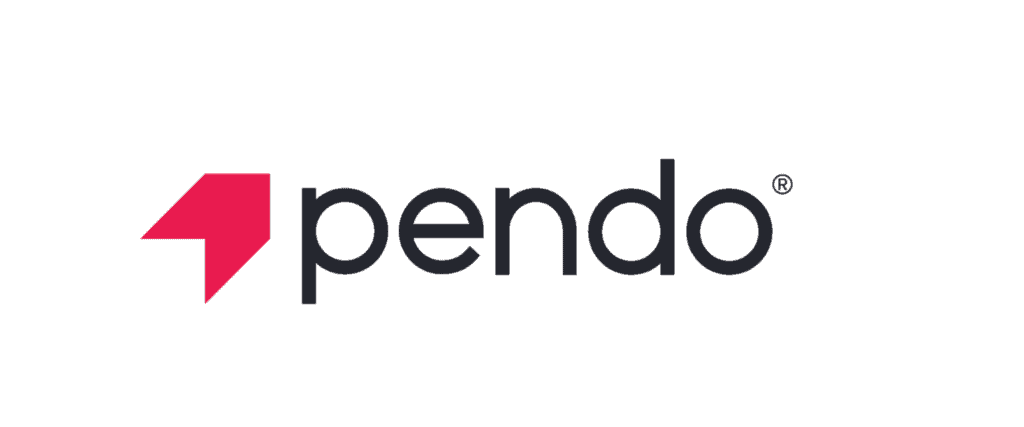

Security: AI-driven security tools identify vulnerabilities and potential security breaches through predictive analytics, ensuring robust and secure software solutions.
Code Review: Tools like CodeGuru use machine learning algorithms to review and analyze code, offering suggestions for improvement and optimization.
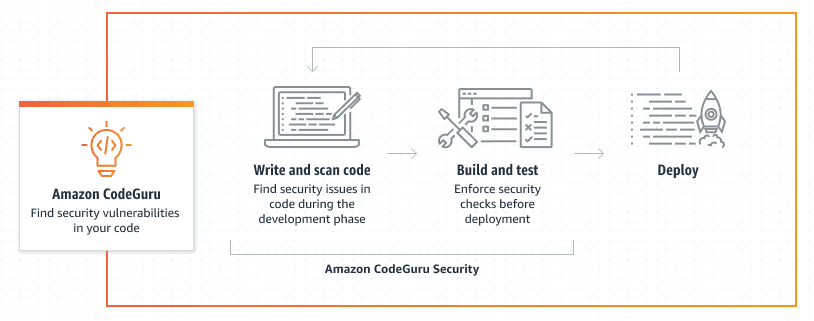
Deployment: AI facilitates continuous integration and continuous deployment (CI/CD), automating the deployment process and ensuring efficient and reliable delivery of software products.
Maintenance and Support: AI tools predict system downtimes, automate routine maintenance tasks, and offer intelligent support solutions, reducing operational costs and enhancing software reliability.
Will AI Replace Programmers in 10 Years?
The integration of AI in software development does not signal the end for human programmers. Instead, it begins a symbiotic relationship where AI augments human capabilities. AI handles routine, monotonous tasks, allowing developers to focus on complex, creative, and innovative aspects of software development. Programmers will continue to play a crucial role in decision-making, strategic planning, and creative innovation. AI tools are here to enhance, not replace, the human element in software development.
Exploring Recent Insights on AI Integration in Software Development
Over the past six months alone, a crescendo of voices from futurists and journalists alike has offered diverse perspectives, echoing the optimism and caution surrounding AI’s burgeoning role.
The Optimism: Amplified Efficiency and Innovation
Futurists have often lauded the transformative power of AI, and recent months have not been an exception. They project a future where the synergy between AI and human intelligence leads to an unprecedented era of innovation. The expectation is that AI tools for software development will continue to evolve, boasting enhanced predictive analytics, automation, and learning capabilities. Futurist Ben Ross depicts AI as an instrument of empowerment for developers, unlocking new frontiers of creativity and innovation.
Journalists covering the tech industry have underscored the proliferation of AI tools that automate mundane tasks, enabling software engineers to focus on strategic and creative aspects of development. A recent article in Wired magazine highlighted an AI-powered code review tool that identifies bugs and learns and adapts to the developers’ unique coding styles, promoting enhanced efficiency and personalized assistance.
The Caution: Ethical and Security Concerns
However, optimism is often tempered by caution. Ethical and security considerations have been at the forefront of discussions. Journalists have drawn attention to the potential biases and ethical dilemmas embedded in AI systems. A piece in The Verge recently scrutinized AI’s decision-making processes, emphasizing the need for transparency, accountability, and ethical guidelines to mitigate risks and unintended consequences.
Futurists, too, have echoed these concerns. In a comprehensive analysis by renowned futurist Amy Webb, the integration of AI in software development is depicted as a double-edged sword. While it harbors immense innovation potential, rigorous ethical frameworks and security protocols are necessary to avert exploitation and biases.
The Projection: A Collaborative Future
In navigating between optimism and caution, a consensus emerges – the future of AI in software development is neither bleak nor utopian. It’s collaborative. Futurists and journalists agree that AI is not a replacement but an augmentation of human capabilities. A recent feature in Forbes illustrated this with case studies of companies where AI and human intelligence coalesce seamlessly, leading to enhanced problem-solving, innovation, and productivity.
Concluding Thoughts
The discourse surrounding AI’s role in software development is as complex as it is dynamic. It encapsulates a spectrum of perspectives, each contributing to the multifaceted narrative of promise, potential, and precaution. As AI continues to weave itself into the fabric of software development, the insights of futurists and journalists will remain instrumental in shaping a future where technology and humanity coexist, collaborate, and innovate with a synergy that transcends the sum of its parts. The ethical, secure, and responsible integration of AI tools for software development remains the cardinal focus, ensuring that the journey ahead is marked by innovation that is both groundbreaking and grounded in ethical principles.
AI tools for software development are not just a trend but a significant advancement that is here to stay. They enhance efficiency, reduce costs, and ensure the delivery of high-quality, reliable software. The synergy between AI and human intelligence will continue to drive innovation, with AI handling complexity and volume and humans steering creativity and strategy. The future of software development lies in the harmonious integration of AI tools and human expertise, leading to unprecedented levels of innovation and excellence in the field.
Reach out to us today to speak with the leaders of Unosquare’s Software Development Centers of Excellence and find out how we use AI to enhance our capabilities and our world-class digital product development and design capabilities.
